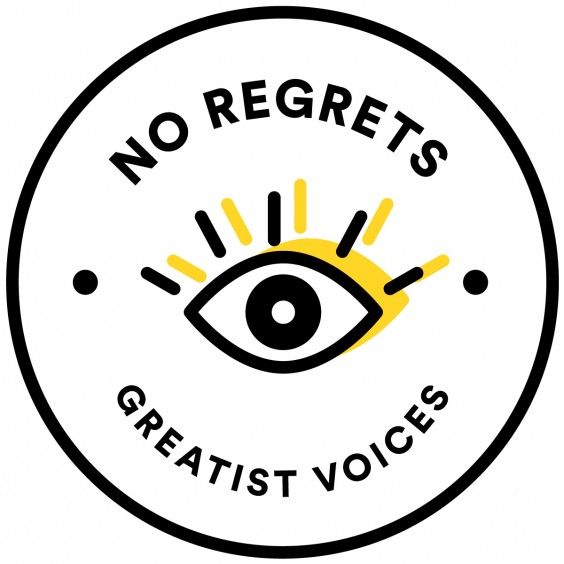
“Give time, time.” —Martha Beck
My dad died when I was 19, when he was almost 60. He was a writer like me. He was also an addict. It was expected (he had a bad heart and no plans to surrender his vices), but it was still a shock when it actually happened. Sometimes it feels like 14 years ago. Sometimes it feels like it all happened so recently—especially when he visits me in dreams.
When I reflect upon what I’ve learned about loss, grief, and life in the years since, these are four truths I know for sure:
1. Love is stronger than death.
I still have a father. He lives within me and my sister and in our memories. When I make an English roast dinner, drive a car (he taught me how), play Scrabble or cards, read the classics, watch English television, and even sit down to write, I feel his presence. The first time I held the book I’d authored in my hands, I felt him say, “I told you so! You did it.”
When someone leaves your life, all that’s gone is his or her physical form. That notion has been tremendously comforting to me.
2. Spending real time with loved ones is important.
I visit my mum in the U.K. twice per year. Life is busy, yes. But making time for the people you love matters. Spend time with your parents (and everyone who’s important to you). And try not to spend all the time you’re with them on your phone.
Ask them questions. What did they think about the world when they were your age? What were they doing? What year were they the happiest? What are their favorite memories of you? Write it down too! You’ll revisit those stories many times in your life.
3. Just because someone looks OK doesn’t mean they are OK.
After losing her husband suddenly last year, Sheryl Sandberg said, “Don’t ask someone who’s grieving, ‘How are you?’ Ask, ‘How are you today?’”
Emotions for someone who’s grieving are a roller coaster—they can go from laughter to tears in seconds. There is no right or wrong way to grieve, and we should never judge anyone who is experiencing grief. The process is deeply personal. I don’t talk about my father unless it’s with my family or I’m speaking to someone going through a similar experience. I don’t want sympathy or questions. This is my way of handling things, and that’s OK.
4. Death can inspire you to live life to its fullest.
If I live to my dad’s age (and I hope to live much longer than that), my life is already more than halfway through. This sounds scary, but to me, it’s motivating. Death gives life meaning. When I contemplate my own imminent death one day, I feel courageous, fearless, and powerful. You’re allowed to feel this way too. The hardest lessons bring the greatest freedoms.
I think of my dad every day—especially when something funny happens. And I talk to him every time I achieve a significant milestone. I admit: I’m jealous when I see other people with their dads. And that’s OK too. I practice compassion for my own emotions, which I consider the highest form of self-care.
My grief has changed shape over the years, but it’s true what they say about time. My physical pangs of suffering are fewer now. And in moments of questioning, the most healing thing I can think to do is live a life he would be proud of. Because we’ll always be in it together.
Susie Moore is Greatist’s life coach columnist and a confidence coach in New York City. Sign up for free weekly wellness tips on her website and check back every Tuesday for her latest No Regrets column!
